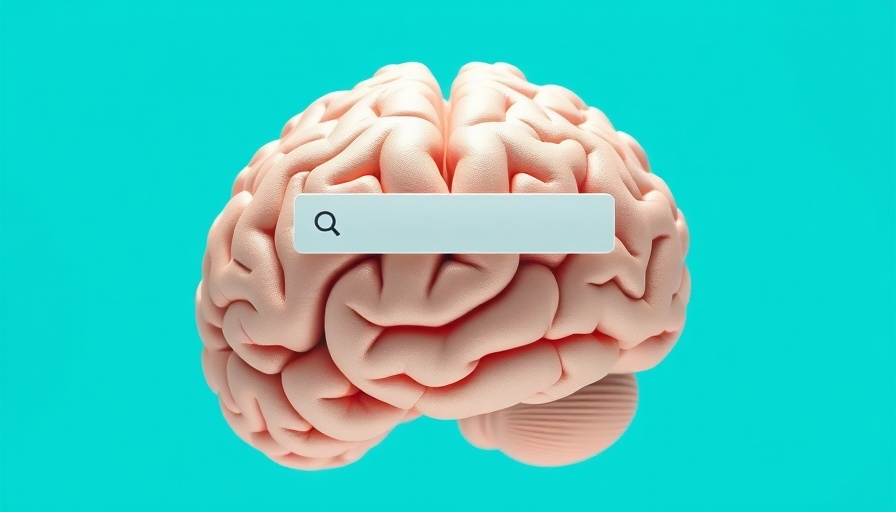
The Rise of AI Search: A Transformational Shift
After decades of dependence on Google’s traditional search layout featuring the iconic "ten blue links," a new player has entered the arena: AI search engines. Recent data from Adobe indicates a staggering 1,300 percent increase in AI search referrals during the 2024 holiday shopping season when compared to the previous year. While the dramatic surge might hinge on the novelty of AI search tools, it also signifies a pivotal shift in consumer behavior.
Engagement Redefined: AI Search Versus Traditional Methods
Interestingly, engagement metrics present an even more compelling narrative. Users referred by AI searches not only linger on sites 8 percent longer, but they also explore 12 percent more pages compared to those reaching the site through traditional channels like Google or Bing. This hints that AI-driven searches are more effective in delivering tailored content that resonates with users' needs.
The Challenge for Google: Maintaining Dominance
Although Google still enjoys a commanding presence in internet searches, the rise of AI chatbots poses a significant challenge. The company has rolled out various AI features, such as its AI Overviews, but early mistakes, including bizarre and inaccurate suggestions, have raised questions about its capabilities. With competitors like Perplexity emerging, which values originality in search outcomes and engages users in a more interactive way, Google faces pressure to adapt quickly or risk becoming obsolete.
What's Next? The Evolution of Search
The shift toward AI-driven search is likely to evolve continuously, as evidenced by consumer preferences. Adobe’s survey showed 39 percent of respondents using AI searches for shopping, 55 percent for research, and 47 percent for making recommendations, indicating the broadening application of AI tools in everyday digital engagement.
AI Search: Benefits and Opportunities
As AI search engines like OpenAI's ChatGPT and Perplexity gain traction, there's growing speculation regarding the future of traditional searches. Unlike traditional searches that present a list of links, AI models synthesize info into coherent summaries, providing a clearer path to answers. This innovation not only saves time but also facilitates a deeper understanding of topics, something that traditional search struggles to achieve.
Cultural Shift Towards AI Convenience
This sweeping change isn't merely technological; it reflects a cultural shift toward convenience and relevancy. Users are clearly expressing a desire for streamlined processes that eliminate the hassle associated with filtering through ad-laden search results. With these changing preferences, AI presents an opportunity to reshape user engagement strategies, moving them to a more user-centered design.
Facing Competition: Will AI Search Win Out?
Google has fought hard to maintain its leading market position since its inception in 1998, yet it must now contend with the unique advantages that AI searches offer. As consumers seek a more efficient, personalized, and relevant experience, Google needs to not only refine its AI tools but also to responsibly integrate them without compromising the search quality that users have come to trust.
In conclusion, while the rapid embrace of AI search tools marks a turning point in the digital landscape, it could signal the start of a symbiotic evolution rather than a zero-sum game. The challenge remains for traditional search engines to recognize and adapt to these consumer preferences, ensuring they continue to meet the needs of an increasingly savvy user base.
As AI technology develops, staying informed about its implications becomes essential. Whether you are a retail marketer looking to adjust your strategies or a curious consumer navigating an evolving digital marketplace, understanding the dynamics between traditional and AI-driven searches can empower you to make informed decisions.
 Add Row
Add Row  Add
Add 




 Add Row
Add Row  Add
Add 

Write A Comment